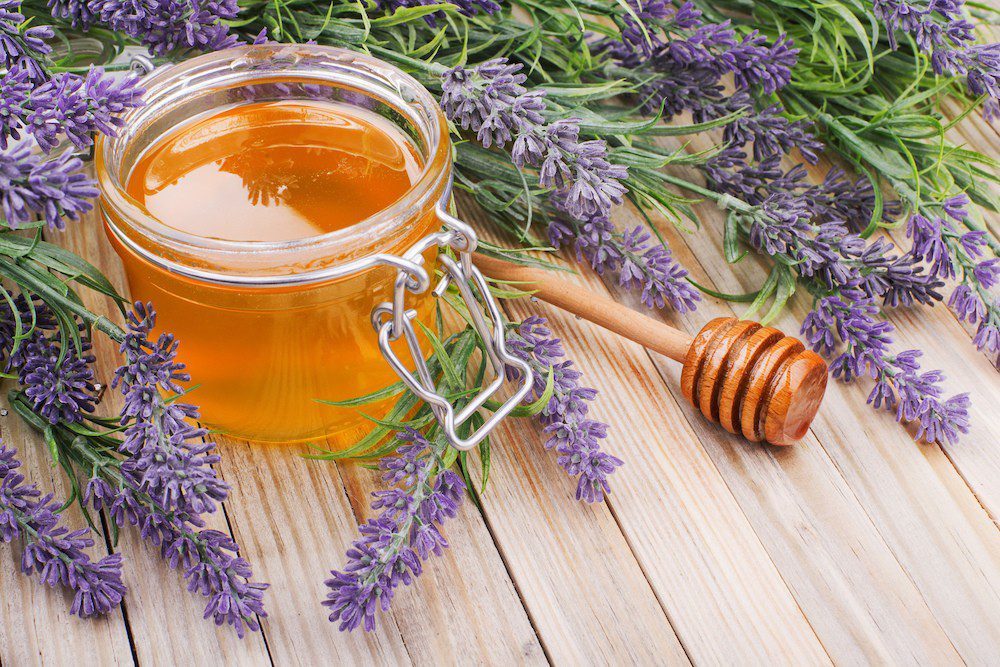University of Oxford Says Honey Better Cure Than Antibiotics

“Life is the flower for which love is the honey.”
We love that sentiment from writer Victor Hugo, don’t you? And we also loved hearing about a study that came out from the University of Oxford about honey.
The Guardian reported that scientists from the University of Oxford have found that honey may be better than conventional treatments for coughs, runny noses and sore crackly throats. You knew that intuitively but now the data confirms it.
That means before you grab for antibiotics, think honey.
Plus honey has no side-effects. Fantastic right?
Writing in the journal BMJ Evidence-Based Medicine, the authors said: “Upper respiratory tract infections are the most frequent reason for an antibiotic prescription. Since the majority of URTIs are viral, an antibiotic prescription is both ineffective and inappropriate.”
As a bonus, you don’t have to call a doctor to get it. It’s readily available in an array of flavors and as we said, has no side-effects. Okay. Maybe one. It is a bit caloric.
But worth it.
The data analysis indicated that the honey was more effective as a treatment, especially the frequency and severity of coughing. Two of the 14 clinical trials showed evidence that symptoms lasted one to two days less among those treated with honey.
You have nothing to lose trying and only something to gain. Plus honey is more natural than processed sugar.
The famed U.S. medical center, The Mayo Clinic, also is supportive of the health benefits of honey.
Evidence suggests honey might help relieve gastrointestinal tract conditions such as diarrhea associated with gastroenteritis. Honey might also be effective as part of oral rehydration therapy. Neurological disease. Studies suggest that honey might also offer antidepressant, anticonvulsant and anti-anxiety benefits.
The Mayo Clinic references other research on honey for specific conditions includes:
- Cardiovascular disease. Antioxidants in honey might be associated with reduced risk of heart disease.
- Cough. Studies suggest that eucalyptus honey, citrus honey and labiatae honey can act as a reliable cough suppressant for some people with upper respiratory infections and acute nighttime cough.
- Gastrointestinal disease. Evidence suggests honey might help relieve gastrointestinal tract conditions such as diarrhea associated with gastroenteritis. Honey might also be effective as part of oral rehydration therapy.
- Neurological disease. Studies suggest that honey might offer antidepressant, anticonvulsant and anti-anxiety benefits. In some studies, honey has been shown to help prevent memory disorders
However, it is also advised not to give honey to babies under the age of 1. “Avoid giving honey — even a tiny taste — to babies under the age of 1 year,” experts warn. “Honey can cause a rare but serious gastrointestinal condition (infant botulism) caused by exposure to Clostridium botulinum spores. Bacteria from the spores can grow and multiply in a baby’s intestines, producing a dangerous toxin.”
But luckily for everyone else, honey is a wonderful option.
And we have some recipes for making floral-infused honey as well as flower suggestions to attract bees to your garden. Furthermore, most supermarkets have honey and perhaps buy some at a local farm for even better quality and results.
